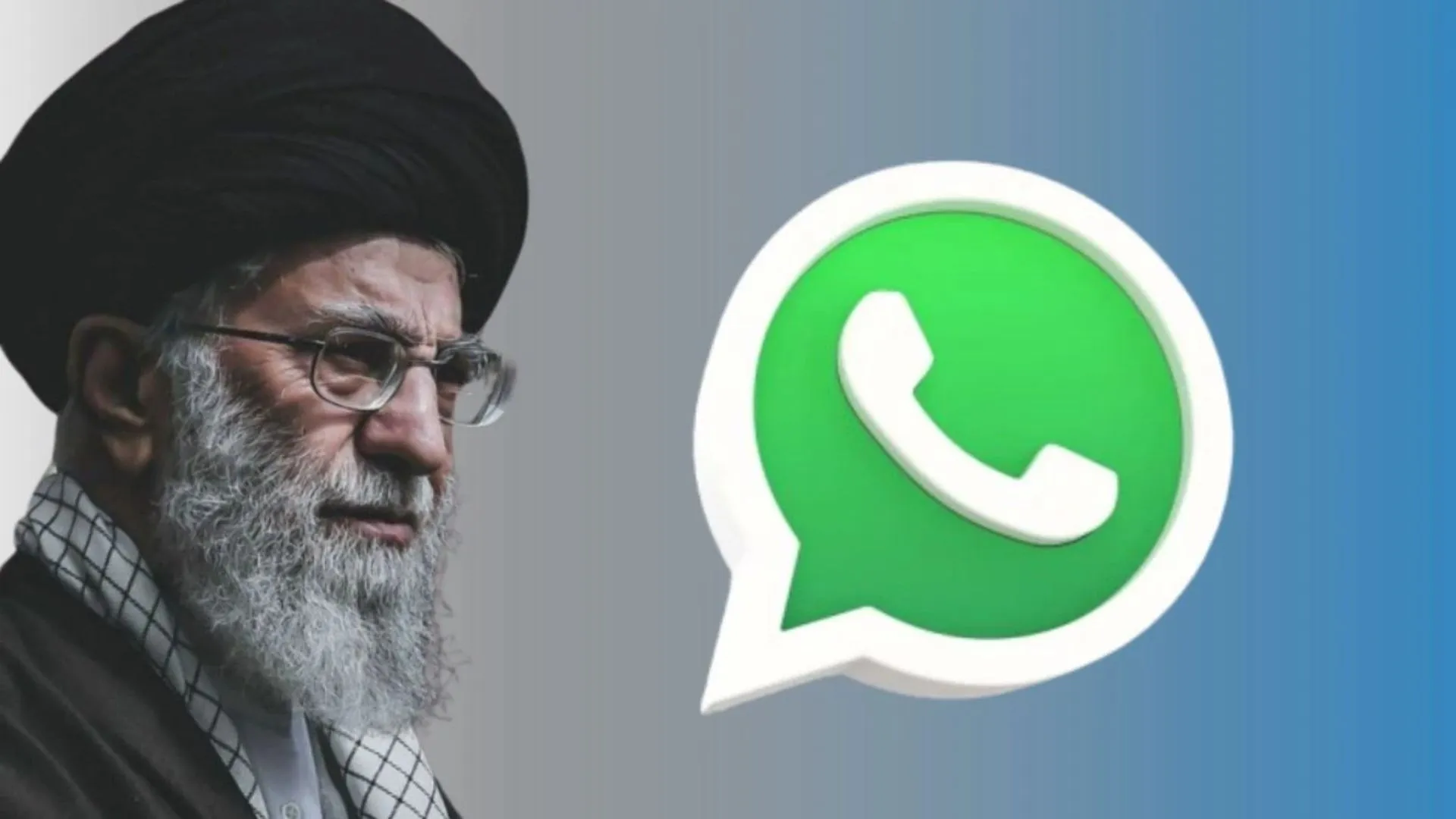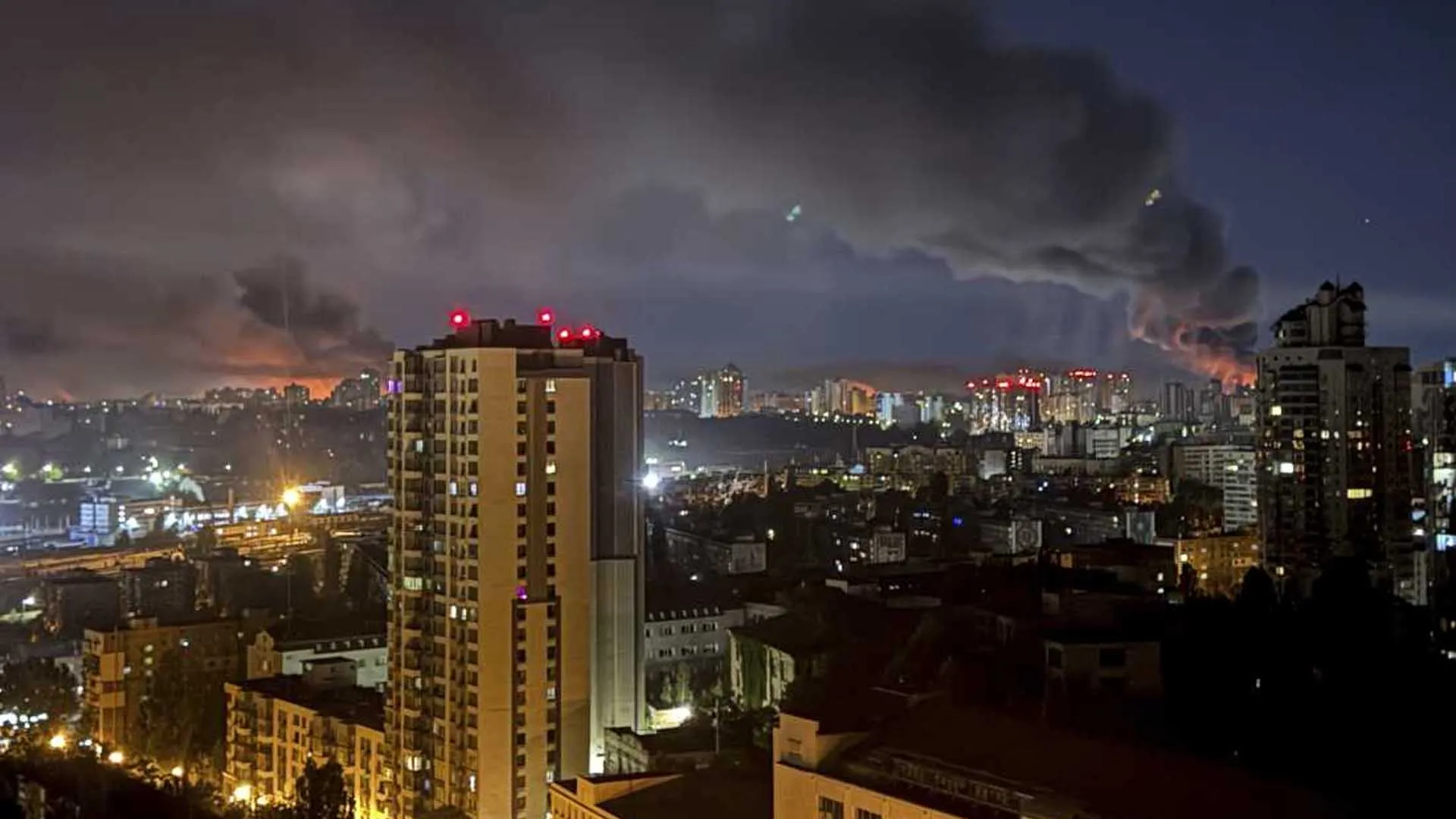Iran has urged its citizens to delete the WhatsApp app, claiming it is leaking data to Israel — but the firm rejects the accusation. In the escalated tension with Israel, Iran on Tuesday warned its people to delete WhatsApp from their mobile phones. The government asserted that the Meta-owned messaging app was transmitting user data to Israel. But Tehran did not provide any evidence to back the claim.
WhatsApp promptly refuted the claims. WhatsApp warned that the Iranian government could use these unsubstantiated claims as a pretext to ban the service during a pivotal moment. It reaffirmed that it employs end-to-end encryption and does not store logs of users’ personal messages, contacts lists, or exact locations.
WhatsApp Responds to Allegations
WhatsApp, in a public statement, stated that the app “does not give bulk information to any government.” The company reassured that it is unable to read or access private chats because of its encryption mechanisms. It further stated that users’ data is kept safe and not shared with third parties like governments.
Meta, the parent of WhatsApp, termed the Iranian allegation unfounded and politically motivated. The firm expressed concern that the false claims could disconnect communication for people who need it the most.
Social Media Access in Iran
Iran has a history of blocking social media platforms. Though most apps are still blocked, citizens use VPNs to circumvent the blocks. In 2022, Iran blocked WhatsApp and Google Play amid widespread protests over the death of a woman detained by morality police. The government later removed that block in 2024.
WhatsApp, Instagram, and Telegram are still among the most popular apps in Iran. Any new ban would have a devastating impact on public access to digital communications.
Wider Conflict Looms
Iran’s threat comes at a time when military tensions with Israel are growing. On Tuesday, US President Donald Trump held a National Security Council meeting to determine if the US should join Israel’s military campaign against Tehran.
While that is happening, Washington has sent more troops to the region. The US has apparently shifted F-16, F-22, and F-35 fighter aircraft, refueling aircraft, and warships closer to the Middle East.
With conflict on the horizon and paranoia spreading, Iran’s shutdown of social media sites such as WhatsApp might be the latest indication of a government attempting to shape the narrative — with its people paying the price for access to the communication.























